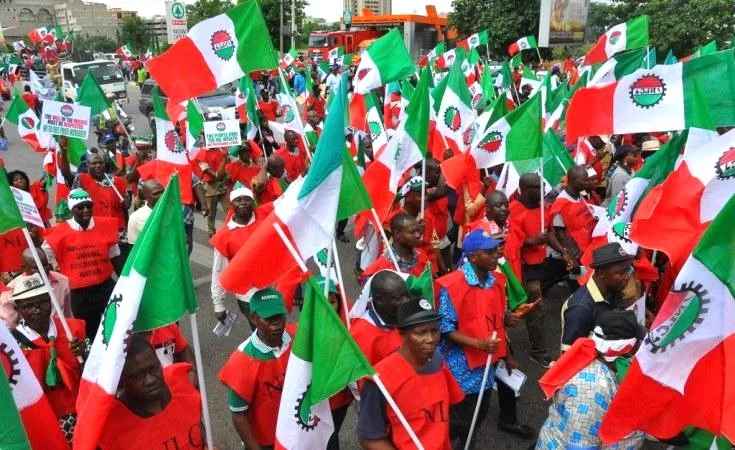CurrentReport Blog In a significant show of unity, primary and secondary schools within the Federal Capital Territory (FCT) on Monday adhered to the nationwide strike directive issued by the organized labour unions. The strike, led by the Nigerian Labour Congress (NLC) and the Trade Union Congress (TUC), aims to push for a substantial increase in the minimum wage for workers across Nigeria.
Early Morning Activities
Despite the impending strike, many schools initially opened their doors as early as 8 a.m., with a large number of students arriving ready for a typical school day. For instance, schools in the Asokoro Extension area commenced their regular morning routines, including assemblies and class preparations. However, shortly thereafter, directives were received to shut down operations in compliance with the strike mandate.
Impact on Banking Sector
The industrial action extended beyond educational institutions, affecting commercial banks within the FCT, particularly those along the AYA axis of Abuja. Daily activities were brought to a halt as banks closed their doors to customers. Security personnel at various banks confirmed the closures were a direct result of the ongoing strike.
A security guard at Access Bank stated, “The bank is closed due to the ongoing strike; sorry, you can’t come in.” Similarly, a UBA security guard highlighted the underlying issues prompting the strike, saying, “Our salary is too small, so we are going on strike. We need more money. Banks are closed.”
The Struggle for Fair Wages
The strike action stems from a dispute over wage increases. Organized labour is demanding a new minimum wage of N494,000, while the Nigerian government has proposed N60,000. This significant disparity has led to heightened tensions and the subsequent strike action.
In an attempt to avert the strike, leaders of the National Assembly held a last-minute meeting with labour representatives on Sunday. However, the meeting concluded without a resolution, as labour leaders remained steadfast in their demands. TUC President, Comrade Festus Osifo, emphasized the need for consultation with union members before any decision to call off the strike could be made.
As the strike continues, the impact on daily life within the FCT and across Nigeria is expected to grow. Schools remain closed, disrupting education, while banks and other businesses face operational challenges. The situation underscores the critical need for a resolution that addresses the wage demands of workers to ensure economic stability and social harmony.












